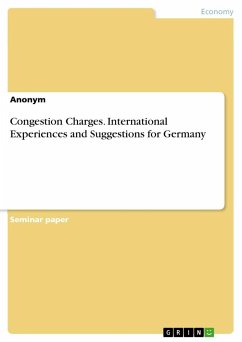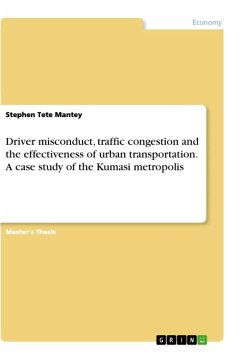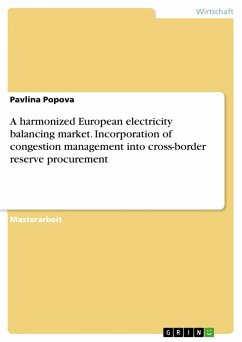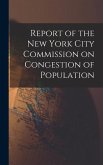Seminar paper from the year 2019 in the subject Economy - Transport Economics, grade: 1.0, Zeppelin University Friedrichshafen, language: English, abstract: The congestion problem could be alleviated by switching to more space-efficient means of transport such as local public transport. The majority of cities lack incentive systems that encourage individual users to switch. This paper addresses this problem and discusses the possibility of introducing a price mechanism within the framework of a congestion charge. In the second chapter, transport economic models and the urban modal split are used as the basis.In the second half of the second chapter, congestion is considered as an expression of a collective action problem and possible counter-mechanisms. With regard to the research question, attention is paid to the congestion charge. In the third chapter, the case study method is used to analyse the three cities Stockholm, London and Singapore that have already introduced congestion charges. From the different price models as well as effects on the demand for transport services, recommendations for action for the application in German cities are developed in the fourth chapter. The last chapter contains a critical discussion and a conclusion.
Hinweis: Dieser Artikel kann nur an eine deutsche Lieferadresse ausgeliefert werden.
Hinweis: Dieser Artikel kann nur an eine deutsche Lieferadresse ausgeliefert werden.








